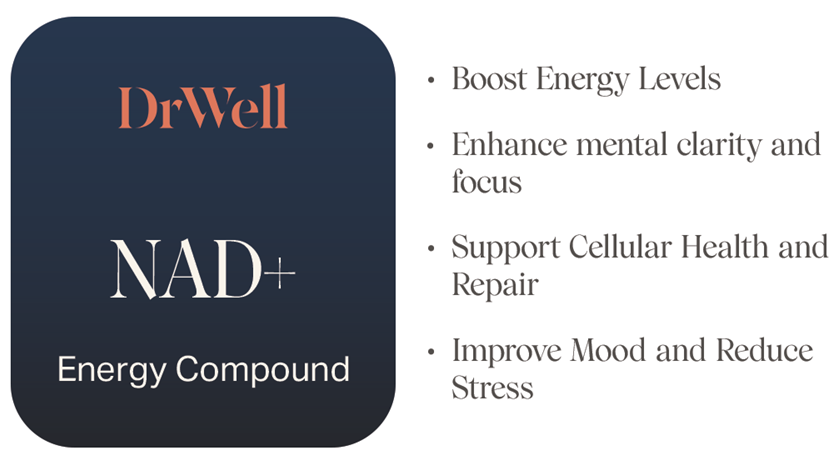
Many doctors and healthcare providers don’t like posting their prices online. The most common reasons cited are they don’t want consumers price shopping or their competitors to see how much they charge. But this is shortsighted.
If you don’t post pricing online, then the consumers that come in for a consultation with their plastic surgeon or other healthcare provider will be totally blind to the financial impact of the services or procedures they’re interested in. You wouldn’t go to an Open House or a car dealership without a ballpark idea of cost. So why would you go to a plastic surgeon, bare your soul (or breasts), literally, without knowing whether the cost will be within your budget? But that’s what doctors are expecting you to do.
Certainly no doctor likes the idea of patients price shopping for their services but the idea of price shopping and posting prices online is mutually exclusive, in other words, they don’t go hand-in-hand. Take for example, Gary Motykie. Dr. Motykie is a Beverly Hills plastic surgeon that is often quoted as saying, “don’t bargain shop for parachutes or plastic surgery.” He’s explicitly saying you shouldn’t price shop for the cheapest plastic surgery around because you may get what you pay for. The doctor may be inexperienced or may not even be a board certified plastic surgeon. At the same time, Dr. Motykie does in fact post pricing on his website here.
Does that make him a hypocrite? Of course not. On one hand he’s saying buyer beware, don’t try and get the cheapest plastic surgery because the doctor or result may be substandard. And on the other hand, he wants the people checking out his website, trying to decide if he’s the right doctor for them, to be aware of all of the costs involved in cosmetic surgery. There’s the surgeon’s fee, OR fees, anesthesia fees, implants, postop garments, etc. The doctor can’t assume the consumer will know all of this automatically so Dr. Motykie is educating them prior to the consultation so they’re prepared. He doesn’t want to put the patient though a 30-45 minute consultation only to discuss cost at the end and see the resulting sticker shock!
Sure there may be patients that are price shopping but that shouldn’t overshadow the consumers that are trying to educate themselves. Those are two very different agendas and we should promote the latter.



